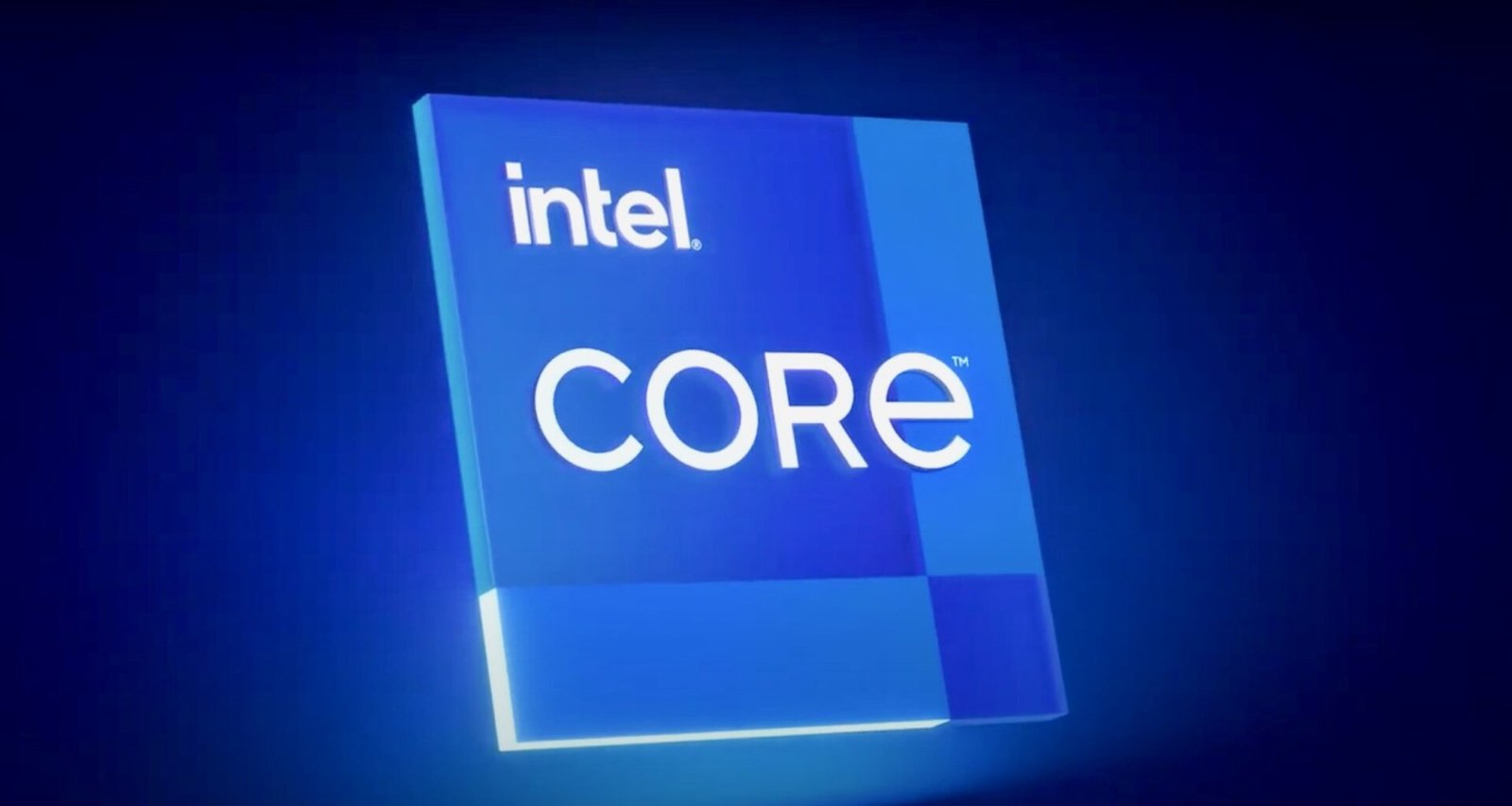In an ambitious move, Intel has set its sights on dominating the artificial intelligence (AI) space by aiming to deliver chips for 100 million AI-enabled PCs by 2025. This goal was highlighted during the Intel Innovation Taipei 2023 Technology Forum, where CEO Pat Gelsinger shared the company’s vision to enhance computing experiences through on-device AI acceleration. This initiative is not just about sheer volume; it’s a statement of Intel’s strategic direction in the increasingly competitive landscape of AI technology.
Key Highlights:
- Intel plans to ship at least 100 million NPU-enabled PCs with on-device AI acceleration by 2025.
- This goal aligns with Intel’s focus on AI and its upcoming tile-based CPUs, including the Meteor Lake series.
- Intel faces competition from AMD, Apple, Qualcomm, and potentially NVIDIA in the AI chip market.
- The company has launched an AI PC Acceleration Program with over 100 software vendors to support this initiative.
The Path to 100 Million AI PCs
Strategic Shift Towards AI
Intel’s commitment to shipping 100 million AI-enabled PCs is part of a broader strategy under CEO Pat Gelsinger’s leadership to pivot the company towards next-generation computing technologies. This goal is ambitious, considering the current state of the PC market and Intel’s position within it. With the majority of x86 Windows PCs powered by Intel CPUs, the company is well-positioned to achieve this target, provided it can navigate the complexities of the rapidly evolving AI landscape.
Competition and Challenges
Intel’s roadmap includes the launch of its Meteor Lake CPUs, which are crucial to achieving its AI PC vision. However, the company is not alone in its quest to integrate AI capabilities directly into consumer hardware. Competitors like AMD, with its Ryzen 7040 series, and Apple, with its M series CPUs, also offer AI acceleration. Moreover, the emergence of ARM-based CPUs from Qualcomm and potentially NVIDIA adds to the competitive pressure. Intel’s success will largely depend on the performance and market reception of its upcoming CPUs.
Intel’s AI PC Acceleration Program
Intel has also announced an AI PC Acceleration Program, collaborating with over 100 software vendors. This initiative is designed to enhance the AI capabilities of PCs, making them more efficient and versatile for a range of applications, from content creation to gaming and security. The program focuses on developing AI-accelerated features across various domains, emphasizing Intel’s commitment to fostering an ecosystem that supports AI integration into everyday computing.
Market Impact and Adoption
While Intel’s goal is clear, the path to widespread adoption of AI-enabled PCs involves several market dynamics, including the overall demand for such capabilities and the price premium they might command. Analysts are cautious about the immediate market expansion potential of AI PCs, noting that it may take time for consumers and businesses to fully embrace these advanced features. Nonetheless, Intel’s push into this space signifies a significant shift towards more intelligent and adaptive computing experiences.
Intel’s ambition to deliver chips for 100 million AI-enabled PCs by 2025 is a bold declaration of its vision for the future of computing. By focusing on AI acceleration and engaging with a broad ecosystem of software vendors, Intel is positioning itself at the forefront of a technological revolution that promises to transform how we interact with our devices. While challenges from competitors and market dynamics loom, Intel’s strategic initiatives underline its commitment to innovation and its role in shaping the next generation of personal computing.







